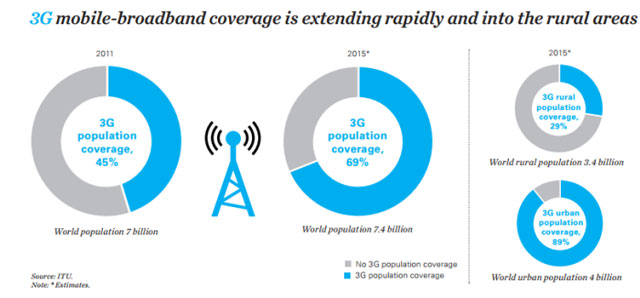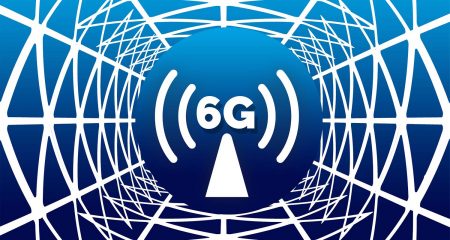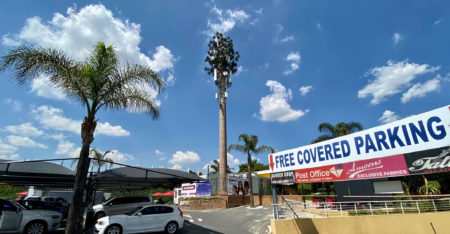
In 2000, at the height of the dot-com bubble, there were 400m internet users worldwide. Today there are 3,2bn.
This is according to the “ICT Facts and Figures — The World in 2015” report released by the International Telecommunication Union (ITU) this week. The ITU is the United Nations’ specialised agency for information and communications technology (ICT).
The report was released as the ITU convenes the World Summit on Information Society this week. The summit is an annual gathering that attracts more than 1 500 delegates from across the world to discuss ICT for development.
The report tracks ICT gaps since the establishment of the UN Millennium Development Goals in 2000.
Today one in five people in Africa use the Internet, compared to two in five in Asia-Pacific and three in five for those in the Commonwealth of Independent States (former republics of the Soviet Union).
ITU secretary general Houlin Zhao says the figures not only show rapid technological progress but also “help us identify those being left behind in the fast-evolving digital economy, as well as the areas where ICT investment is needed most”.
The UN Human Rights Council declared Internet access a human right in 2011.
Among the report’s findings are that mobile subscriptions have increased from 738m in 2000 to more than 7bn today.
Mobile broadband prices in developing countries — where affordability is a primary concern — are twice as high as those in developed countries, with fixed broadband being three times as high, the report says.
Between 2000 and 2015, Internet penetration increased almost seven-fold, from 6,5% to 43% of the world’s population. However, the report also found that 4bn people in the developing world remain offline, while 851m people from the least-developing countries do not use the Internet.

Mobile broadband penetration reached 47% this year, with 69% of the global population covered by 3G mobile broadband.
The ITU estimates that 29% of the 3,4bn people living in rural areas will be covered by 3G by the end of 2015. The figure is 89% of the 4bn urban inhabitants.
However, fixed broadband uptake increased with a 7% annual increase for the last three years.
While fixed broadband prices dropped from 2008-2011, in some countries they increased in recent years. Fixed broadband penetration stands at only 11%.
The report says broadband is affordable in 111 countries, with a basic broadband plan now corresponding to less than 5% of gross national income per capita. — © 2015 NewsCentral Media




